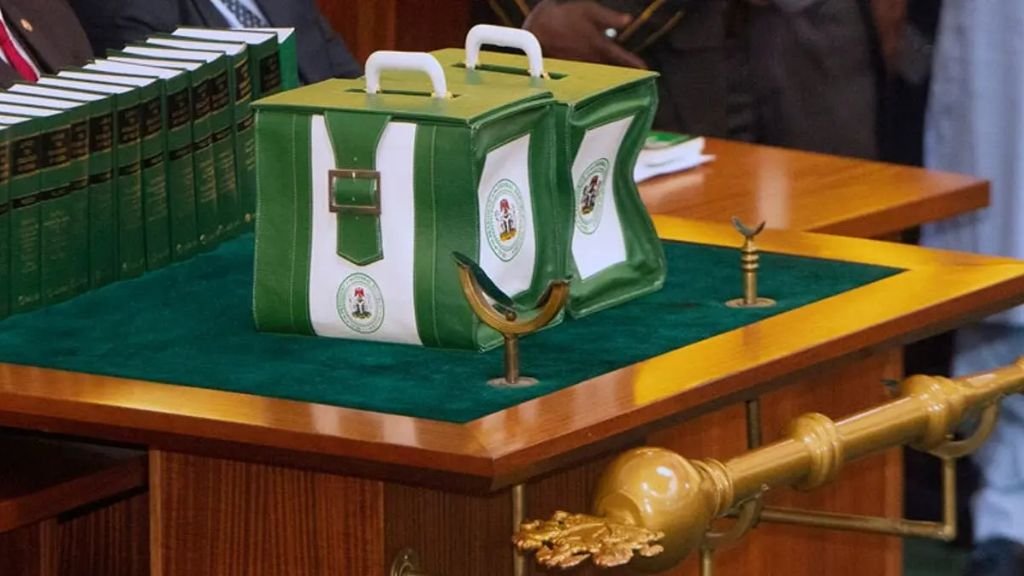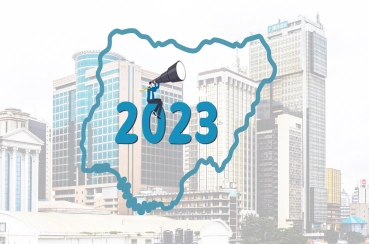
In November, Africa’s largest economy, under the leadership of President Bola Tinubu, unveiled the 2024 Budget, themed “Budget of Renewed Hope,” presenting a comprehensive vision to the National Assembly. The proposed budget aspires to foster job-rich economic growth, ensure macro-economic stability, create an improved investment environment, enhance human capital development, and address poverty while expanding access to social security.
Key highlights of the budget include an expected economic growth of a minimum of 3.76 percent, surpassing the forecasted world average. Inflation is anticipated to moderate to 21.4 percent in 2024. Considering global oil market dynamics and domestic conditions, a conservative oil price benchmark of $77.96 per barrel and a daily oil production estimate of 1.78 million barrels have been adopted. The exchange rate is set at 750 naira per US dollar for 2024.
The budget outlines an estimated revenue of NGN 18.32 trillion and a proposed expenditure of NGN 27.5 trillion for the 2024 fiscal year. Non-debt recurrent expenditure is earmarked at 9.92 trillion naira, while capital expenditure stands at 8.7 trillion naira, reflecting a 10.8% increase compared to the proposed amount for 2023.
Highlighting the commitment to meeting debt obligations, the projected amount for debt servicing is 8.25 trillion naira, representing 45% of the expected total revenue. The projected deficit of 9.18 trillion naira in 2024, at 3.88 percent of GDP, marks a notable 33.33% decrease compared to the 2023 deficit of 13.78 trillion naira.
To finance the deficit, the government plans new borrowings totaling 7.83 trillion naira, with additional funding from privatisation proceeds (298.49 billion naira) and a drawdown on multilateral and bilateral loans secured for specific development projects (1.05 trillion naira).
The President highlighted ongoing reviews of tax and fiscal policies, with a target to increase the revenue-to-GDP ratio from less than 10 percent to 18 percent within the current administration’s term. Efforts will be directed at containing financial leakages through the effective implementation of key public financial management reforms.
In a bid to enhance critical infrastructure, the Federal Government is exploring Public-Private Partnership arrangements. President Tinubu encouraged private sector participation, emphasising the pivotal role of collaboration in achieving national aspirations and unlocking the latent potential of citizens and natural endowments.








Leave A Comment